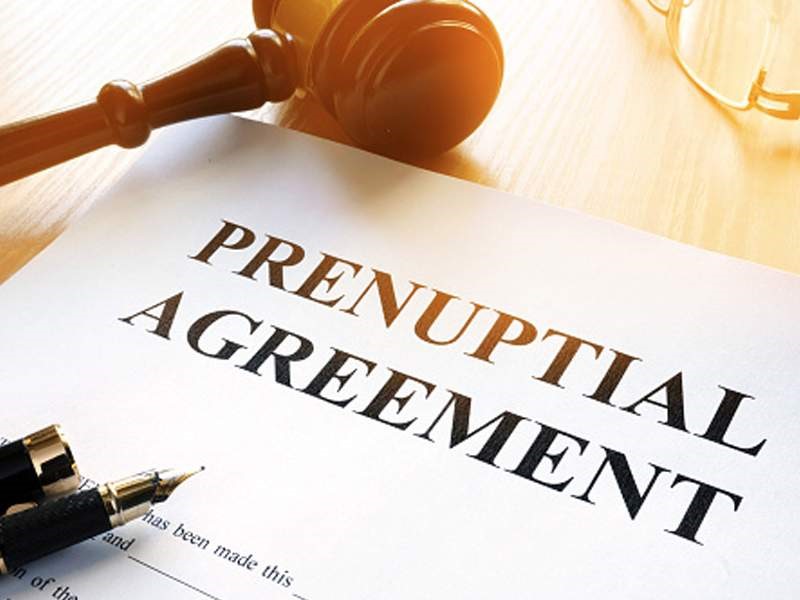Marriage is a significant milestone in life, symbolizing love, partnership, and commitment. However, along with emotional and personal implications, marriage also brings legal and financial responsibilities. One way to manage these responsibilities is through a prenuptial agreement. But what exactly is a prenuptial agreement, and do you need one? Here’s everything you need to know.
What is a Prenuptial Agreement?
A prenuptial agreement, most often referred to as a “prenup,” is a legally binding contract signed by two individuals before they get married. This agreement outlines the ownership of assets, debts, and financial responsibilities if a divorce, separation, or death occurs. Prenups can also cover non-financial matters, though these may not always be enforceable in court.
Key Elements of a Prenup:
- Asset Protection: Specifies which assets belong to each party.
- Debt Allocation: Defines responsibility for pre-existing debts.
- Spousal Support: Outlines potential alimony arrangements.
- Business Interests: Protects ownership and operation of businesses.
- Inheritance Rights: Clarifies the division of family heirlooms or inheritance.
Why Do People Choose Prenuptial Agreements?
While discussing a prenup might feel unromantic, it is a practical and proactive step for many couples. Here are some common reasons people opt for a prenuptial agreement:
- Protecting Premarital Assets: If one or both partners have significant assets, a prenup ensures these remain separate property.
- Clarifying Financial Responsibilities: Prenups can establish who is responsible for specific financial obligations during the marriage.
- Safeguarding Business Interests: Entrepreneurs and business owners use prenups to protect their ventures from becoming entangled in divorce proceedings.
- Debt Management: Couples can use a prenup to prevent one partner’s debts from affecting the other.
- Blended Families: In situations where one or both partners have a child/children from previous relationships, prenups can secure inheritance rights.
Do You Need a Prenuptial Agreement?
Not every couple needs a prenup, but it may be worth considering if you fall into any of the following categories:
- High Net Worth Individuals
- Business Owners
- Unequal Financial Standing
- Second Marriages
- Avoiding Future Conflicts
How to Create a Prenuptial Agreement
Creating a prenuptial agreement requires careful planning and open communication between both partners. Here are the steps involved:
Step 1: Start the Conversation Early
Discussing a prenup should happen well before the wedding. This ensures that both partners have time to consider and negotiate terms without pressure.
Step 2: Hire Experienced Attorneys
Each partner should have their own legal representation to ensure fairness and avoid conflicts of interest. Attorneys can provide some much-needed guidance on legal requirements and enforceability. You can get in touch with San Francisco Family Law Attorneys for a consultation about moving forward with a prenup for any of the above reasons.
Step 3: Be Transparent
Full disclosure of assets, debts, and financial circumstances is essential. Failing to do so can render any agreement made invalid.
Step 4: Negotiate Terms Fairly
The agreement contract should be fair and reasonable to both parties. Overly one-sided prenups may not hold up in court.
Step 5: Finalize and Sign
Once both partners and their attorneys are happy, the agreement is signed and becomes legally binding.
Alternatives to Prenuptial Agreements
If a prenup doesn’t feel right for your relationship, there are alternatives to consider, such as postnuptial agreements, which are similar to prenups, just created after marriage, or cohabitation agreements, which are mostly for unmarried couples and outline financial and property arrangements.
Conclusion
A prenuptial agreement is a practical tool for protecting your financial interests and ensuring clarity in your marriage. While it may not be necessary for every couple, discussing the possibility of a prenup fosters transparency and trust. If you’re considering a prenup, consult with experienced legal professionals to guide you through the process and tailor an agreement that suits your unique circumstances.




